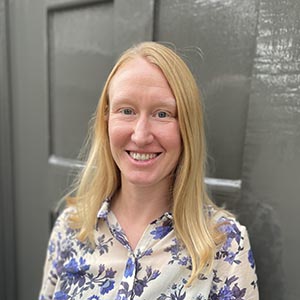
How the EU can work in fragile settings
With one in seven people affected by conflict and a rapidly growing gap between humanitarian need and available funding, fragility and conflict are undermining development in affected regions. ECDPM has undertaken in-depth research to explore how the EU and development institutions can respond to these significant challenges.
As part of a new video series featuring ten ECDPM experts on our 2024 highlights, Sophie Desmidt discusses our work and collaborations on peace, fragility and security in 2024, with a particular focus on research in the central Sahel.
Based on over 30 interviews with experts and practitioners, specifically focusing on the central Sahel region - which is characterised by fragility, conflict, and politically difficult relationships with Europe - our research found a significant mismatch between the actions of development agencies on the ground and the strategic direction at the European political level. This suggests that while development actors may be engaging at a technical level with local and central governments, there's a lack of overarching European strategy to guide these efforts.
This is compounded by uneven global attention, with fragile, more difficult regions not adequately addressed. There is a need to re-evaluate resource allocation and ensure that regions like the Central Sahel, facing complex challenges, are adequately supported.
Our work calls for a more coherent and globally balanced approach to development, with a stronger strategic vision from the European level, and understanding how agencies can operate effectively in fragile, complex settings.
For more information, get in touch with









